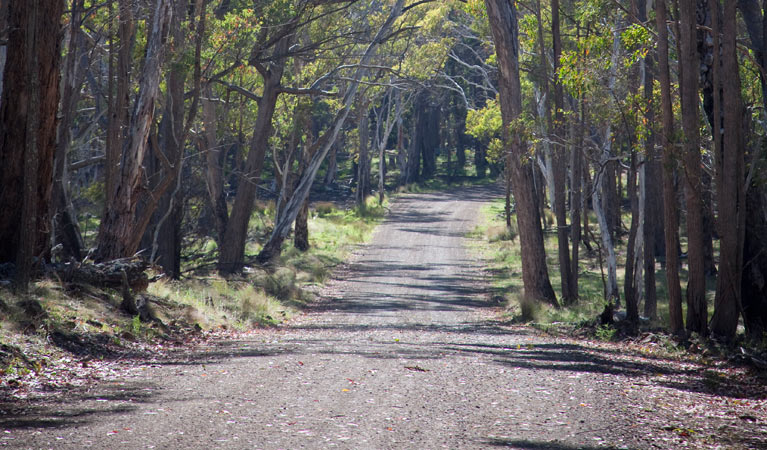‘Incredibly, while bushfires still burn in parts of the state, water is trucked hourly to towns like Gloucester and the coast battens down for extreme rain, we spent Thursday morning explaining to a parliamentary inquiry that climate change impacts are relevant to planning decisions in NSW.’
By Rachel Walmsley, Director Policy and Law Reform, and Cerin Loane, Senior Policy & Law Reform Solicitor, Sydney: Environmental Defenders Office NSW
It sounds preposterous – given the climate and bushfire crisis besieging communities across the state – but the NSW Government is actually proposing to restrict consideration of greenhouse gas emissions and prevent decision-makers from putting conditions on coal mine approvals relating to their downstream emissions.
The ‘scope 3’ Bill
The Environmental Planning and Assessment Amendment (Territorial Limits) Bill 2019 sounds like a minor technical amendment and has been touted as a necessary legal clarification. However it is actually part of a broader retrograde policy response to overcome the fact that climate considerations are becoming increasingly relevant to fossil fuel developments, and in some instances, when applying contemporary science and policy to well-established legal principles, are grounds to refuse developments. [Look at the Rocky Hill judgment and the Bylong Valley and Wambo coal mine decisions.]
The community has rightly perceived this Bill as special legislation, coinciding with lobbying by vested industry interests and with no community consultation, and designed to overcome recent planning decisions that went against coal mine companies.
Consistent with requests from the NSW Minerals Council, the Bill is aimed at preventing the regulation of downstream (scope 3) emissions in local mining approvals – with the argument that emissions created from NSW coal being burnt overseas are outside the scope of our planning laws.
Our planning laws are about regulating impacts that occur in NSW and it is absurd (and insulting to our clients and traumatised communities across the state) to suggest that the impacts of climate change are not relevant locally. Climate change is both a global and local problem. Global emissions leading to climate change clearly create impacts in NSW. NSW decision-makers must be required to consider and ameliorate those impacts.
The IPC review
Another part of the Government’s policy response has been to conduct a review of the Independent Planning Commission (IPC) – the body that makes decisions to approve state significant projects such as coal mines. The review report was released last weekend by the NSW Productivity Commission and while it confirms the importance of an independent decision-making body for contentious projects, it is unclear how some of the recommendations will be implemented. For example, there may be limits placed on what projects qualify for IPC assessment – mine modifications may be excluded and instead decided by the planning department, and the IPC may only consider projects where 50 or more local individual submissions are made. There may also be limits on the ability of the IPC to obtain independent legal advice.
As the Government looks to implement the 12 recommendations from the report, the degree to which the IPC will be reined in by government policy – such as a new policy on consideration of greenhouse gas emissions – is yet to be seen.
EDO lawyers will be meeting with the Minister and Department to engage constructively on guidelines to clarify how greenhouse gas emissions should be assessed and considered, as confirmed in the Rocky Hill decision; and on how the recommendations pertaining to the IPC should be implemented.
Special legislation vs actual reform
Special legislation to overcome individual project decisions, or on behalf of specific industry sectors, is the opposite of what is needed by this parliament in terms of planning law reform. Instead, this parliament should be considering amendments to ensure planning laws are climate-ready, to ensure decision-makers fully consider all relevant local impacts and that decisions are made for the benefit of healthy and resilient communities.
As our clients passionately told the inquiry hearing today, the people of NSW are already experiencing the impacts of climate change, including extreme drought and bushfires.
NSW should be implementing sensible laws, based on science, that plan for a just and rapid transition to low carbon economies and that ensure the proper, long-term protection of the people and environment, including a safe climate for current and future generations.
We at EDO will continue working to achieve this.
- Read our climate-ready planning laws report
- Our submission on the Bill
- Read the IPC review report
- Our submission on the IPC review
- Analysis: Climate impacts from NSW mines
Source: https://www.edo.org.au/2020/02/06/analysis-climate-law-reform-nsw/

